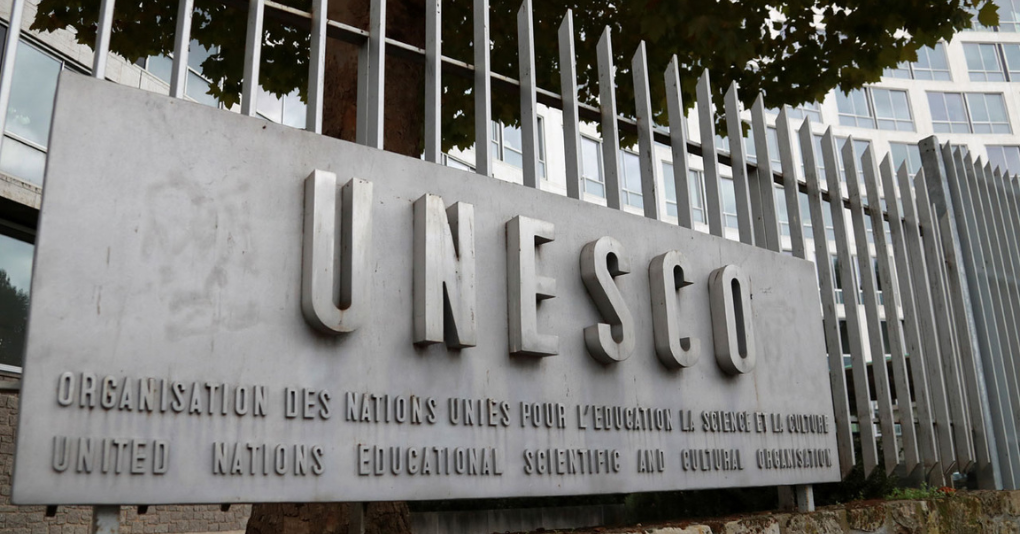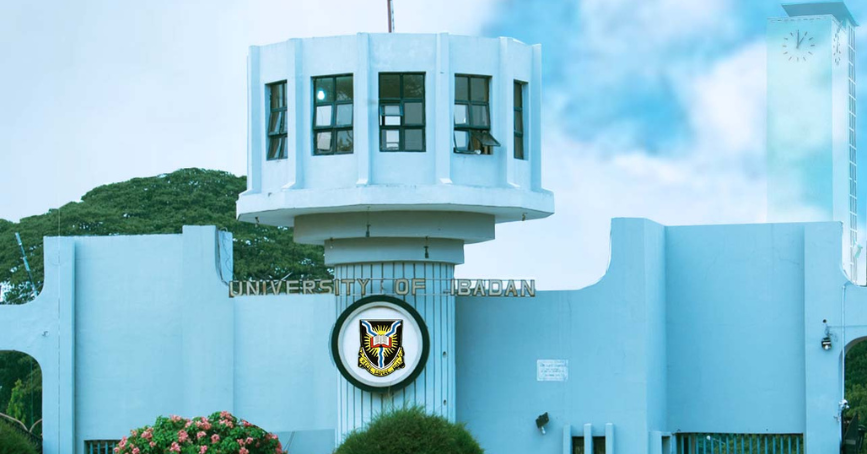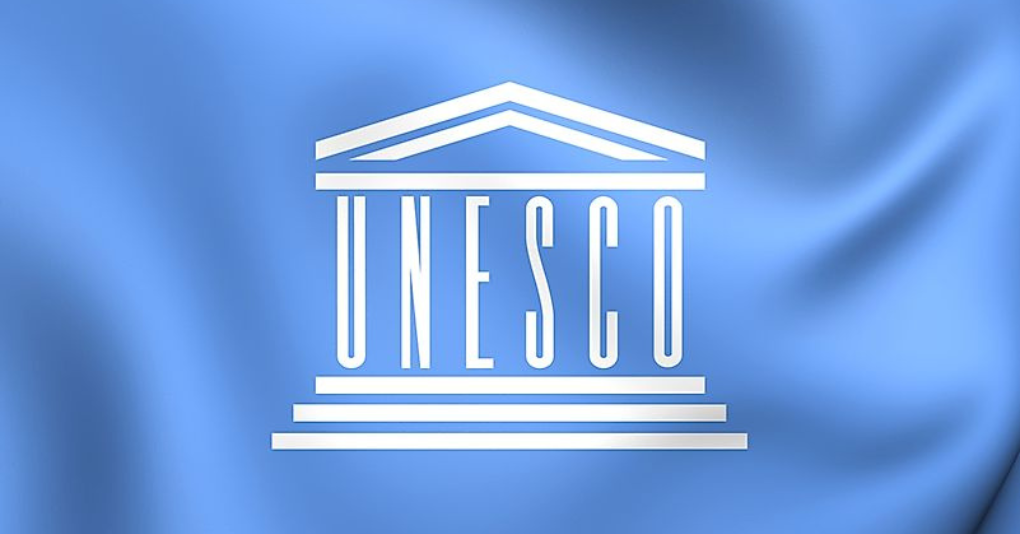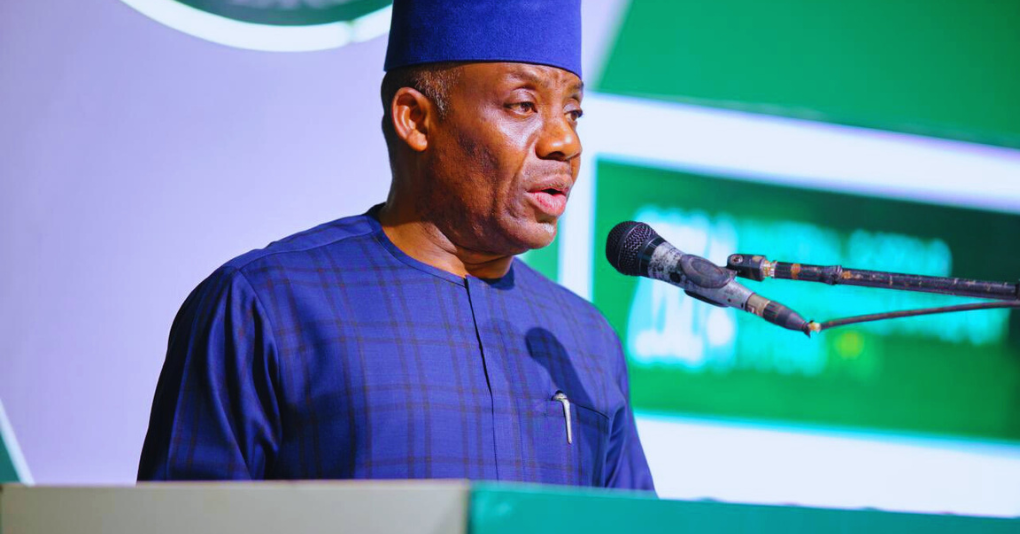The Federal Ministry of Education, in collaboration with the Kano State Government and the United Nations Educational, Scientific and Cultural Organisation (UNESCO), on Tuesday commenced a training for key stakeholders in Technical and Vocational Education and Training (TVET).
The two-day capacity-building workshop in Kano, held under the Better Education for Africa’s Rise (BEAR) III Project, focused on strategic planning for TVET institutions.
Head of the UNESCO in Abuja Office, Mr. Mendy Albert, said the training built on a 10-week online course completed in July.
He explained that the initiative was designed to enhance the participants’ capacity to modernise vocational education systems.
Albert, represented by Mr. Manish Josh, described TVET as central to youth empowerment and economic growth in the region.
He also acknowledged the Republic of Korea for funding the multi-country project.
Albert explained that the workshop enhanced workforce readiness and support sustainable economic growth across West Africa.
Earlier, the Director of Technology and Science Education at the Federal Ministry of Education, Dr Muhibat Olodo, said more than one million Nigerians had enrolled under the new TVET framework.
She added that over 15,000 students were expected to resume at the Federal Technical Colleges nationwide this month.
According to her, the reforms seek to expand access, align curricula with labour market demands, and boost employability among young people.
Also speaking, the Executive Secretary of the National Board for Technical Education (NBTE), Prof. Idris Bugaje, highlighted its role in curriculum development, accreditation, and quality assurance.
Represented by Dr. Babangida Abubakar, Bugaje described UNESCO as a dependable partner in strengthening Nigeria’s TVET system.
Also, the Provost of Audu Bako College of Agriculture, Danbatta, Dahiru Muhammad, said the aim was to ensure that trainees acquired the right skills to meet industry needs.
He said the college expected the session to reshape the participants’ approaches, bridging skills gaps and improving employability outcomes in Kano State and beyond.
The workshop featured peer-learning sessions, discussions on green and digital transitions in vocational training, and practical exercises on institutional planning.
Share this post





Be the first to comment on this post